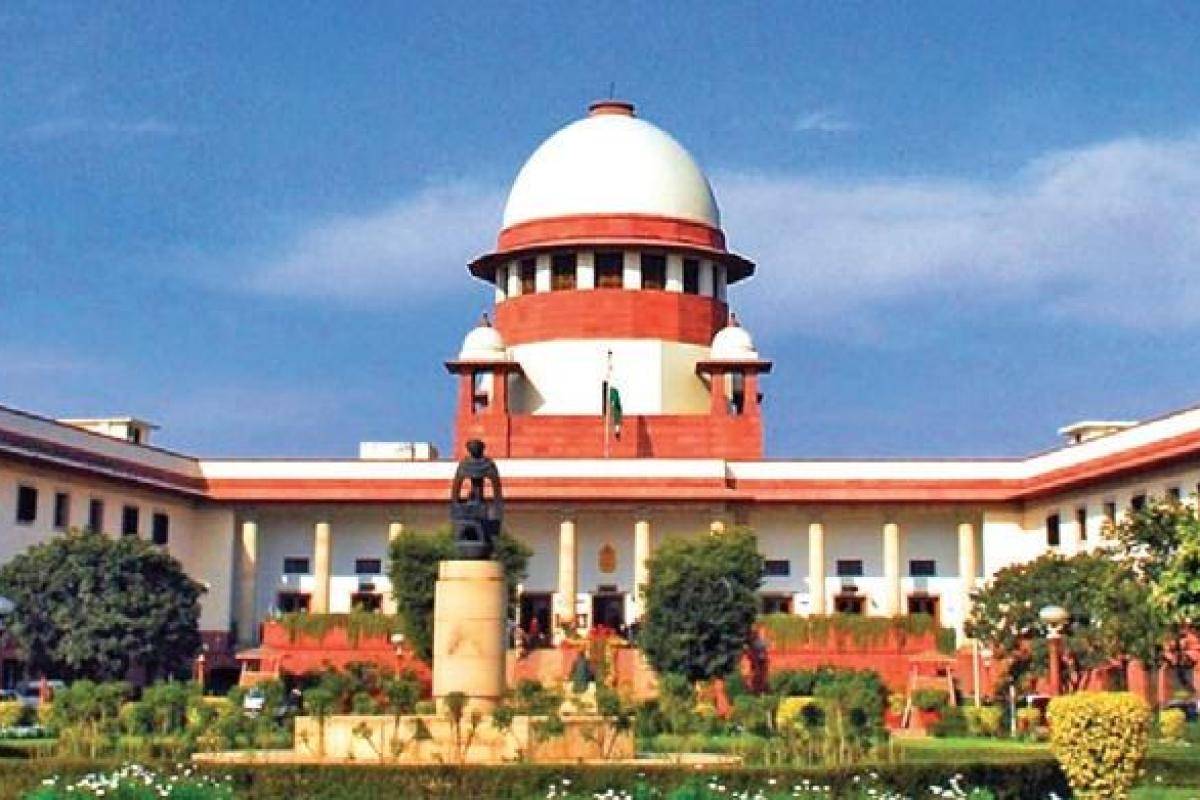Richard Donnell, Zoopla’s executive director for research, said the company expected house price falls of up to 5% in 2023…reports Asian Lite News
Demand for U.K. residential properties has nearly halved following September’s government budget that spooked financial markets and toppled the prime minister, research Monday showed.
The fiscal package, announced Sept. 23, caused a sell-off in bonds and led to predictions of a potential housing market crash as interest rate expectations rose sharply. In the wake of the budget, a record number of mortgage deals were pulled and many lenders paused offerings as they assessed the volatility.
Buyer demand fell 44% year-on-year in the four weeks to Nov. 20, according to property website Zoopla, while new property sales declined 28%. The stock of homes for sale was up 40% over the same period.
Zoopla said demand had fallen to levels usually seen over Christmas — among the quietest time for property markets — as buyers waited to assess the outlook for mortgages, along with their own jobs and wages.
Richard Donnell, Zoopla’s executive director for research, said the company expected house price falls of up to 5% in 2023.
“But the number of sales going through will remain buoyant for a range of structural, demographic and economic factors,” he said, including ongoing housing scarcity, with the average number of homes on offer per estate agency still a fifth lower than before the pandemic.
Although a fall in house prices is widely predicted, the company’s predictions are less bearish than others.
Economists at Pantheon Macroeconomics forecast a decline of 8% over the next year, while Nationwide, one of the U.K.’s largest mortgage providers, said earlier this month that house prices could collapse by up to 30% in its worst-case scenario.
In contrast, the U.K.’s Office for Budget Responsibility has said it expects house prices to drop 1.2% next year and by 5.7% in 2024.
It comes after a desire for different kinds of property during the pandemic, the suspension of a purchase tax on homes under $500,000 from July 2020 to July 2021 and ongoing supply shortages saw house prices rocket to record highs.
Zoopla said there was currently a “widespread” repricing of homes occurring, but that it was modest in size. It puts U.K. house price growth at 7.8% year-on-year.
Its report described market trends as a “shake-out rather than a pre-cursor to a housing crash” and said the mini budget had “delivered a shock” to sellers and buyers.
“All the leading supply and demand indicators we measure continue to point to a rapid slowdown from very strong market conditions. We do not see any evidence of forced sales or the need for a large, double digit reset in U.K. house prices in 2023,” its report said.
Meanwhile, private rental costs in Britain have risen to record highs amid intense competition for properties, according to separate data published by the website Rightmove last month.
It found rents in London were up 16.1% year-on-year, the highest growth of any region on record.

